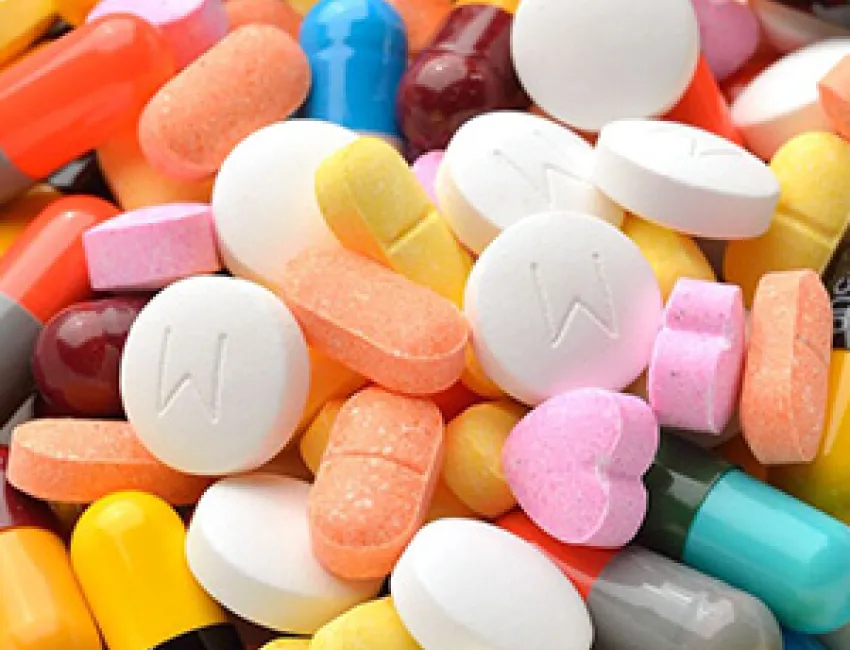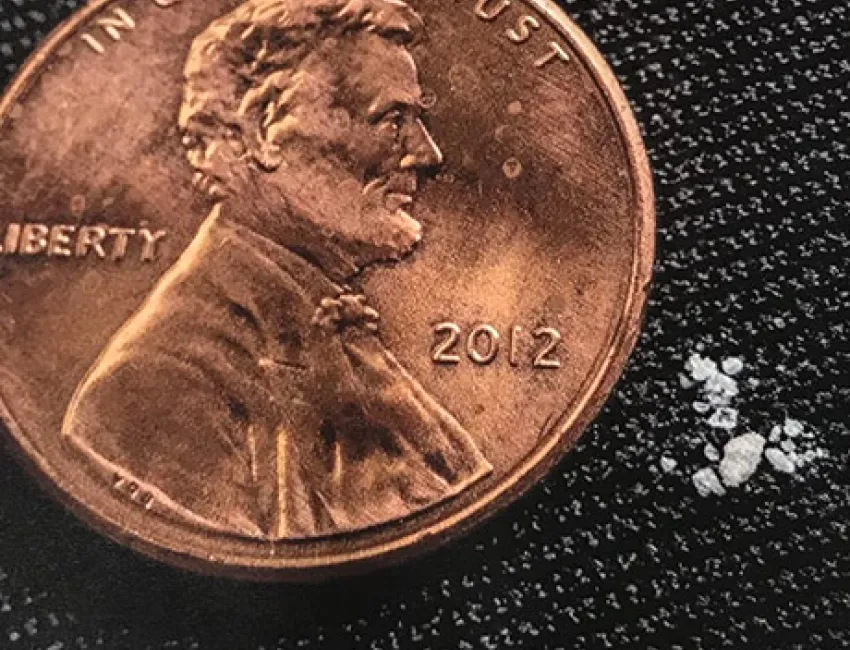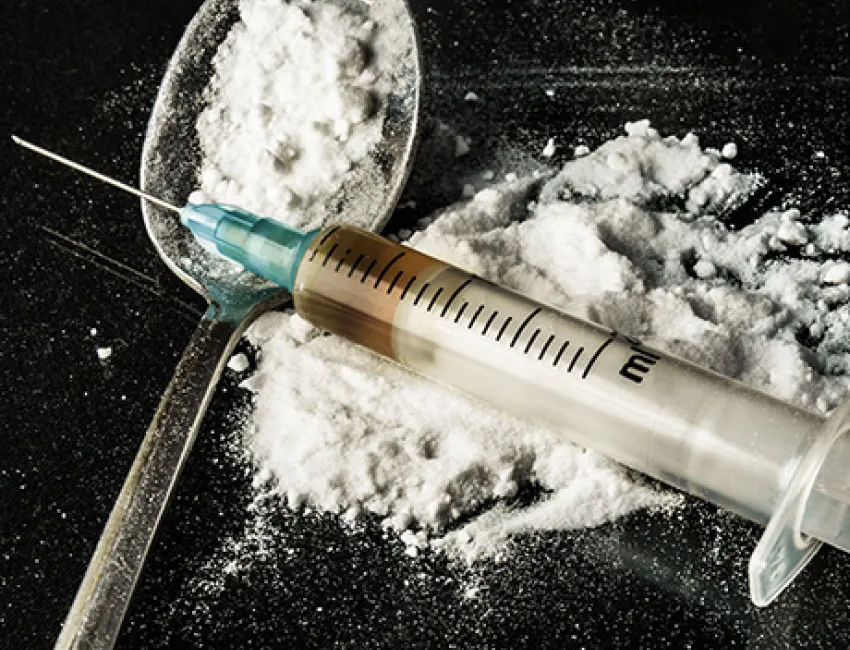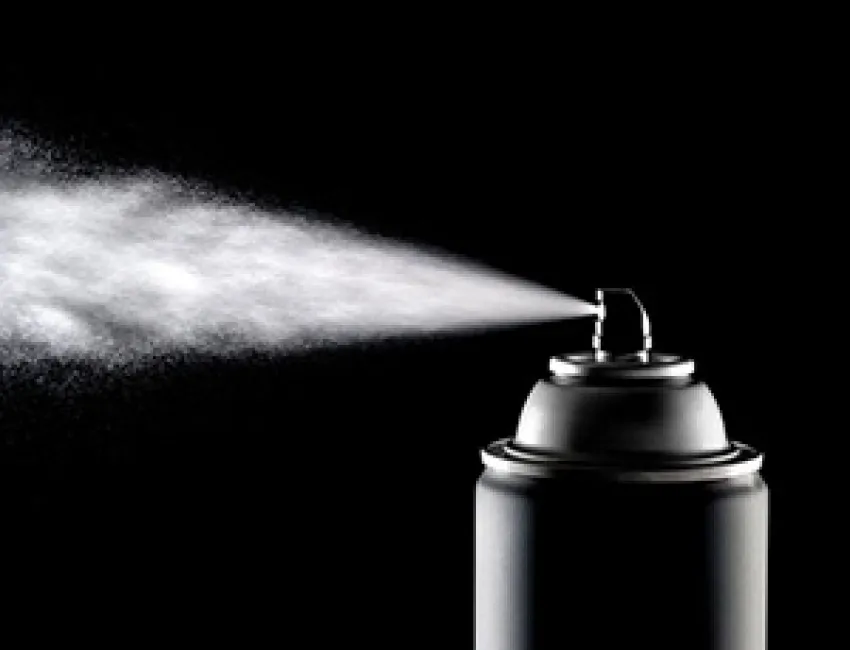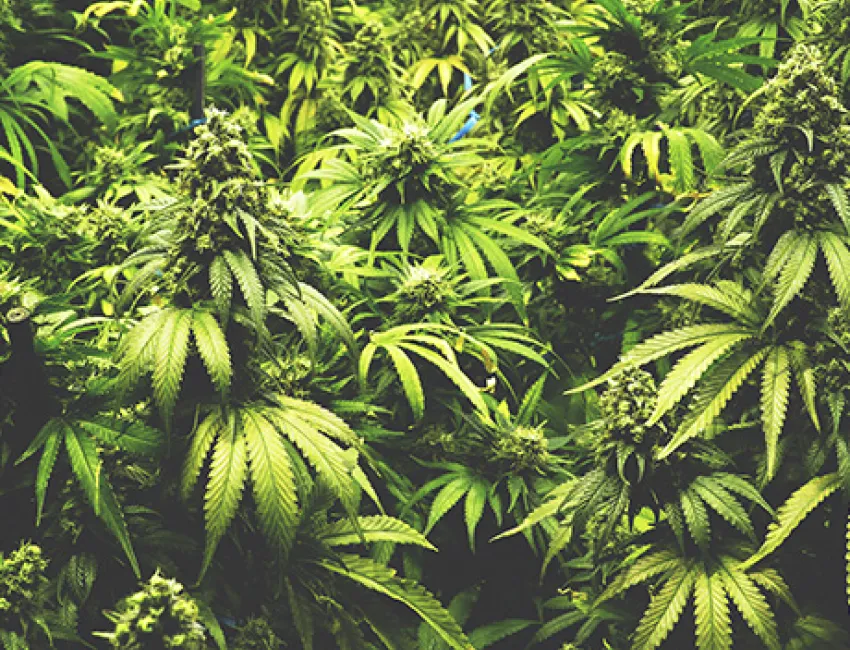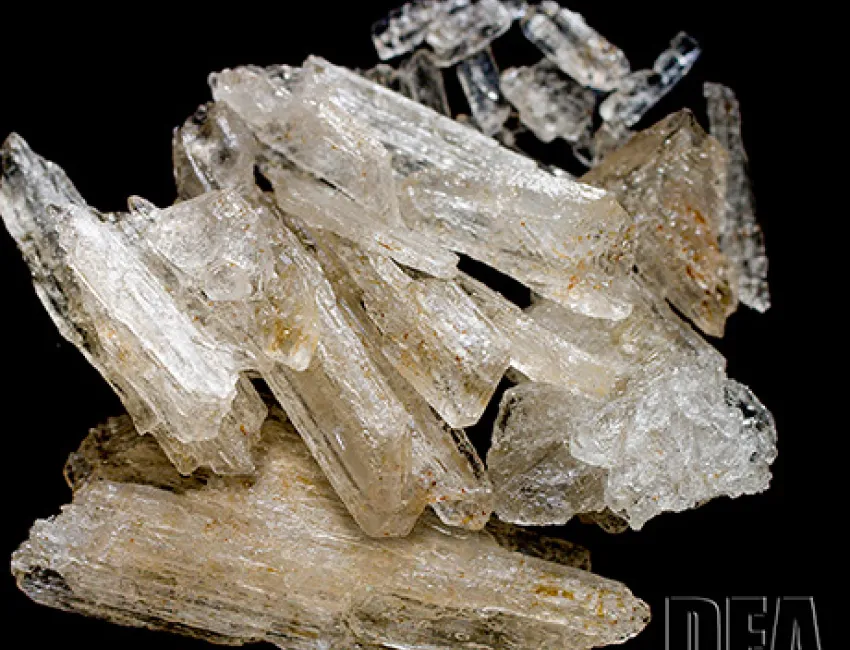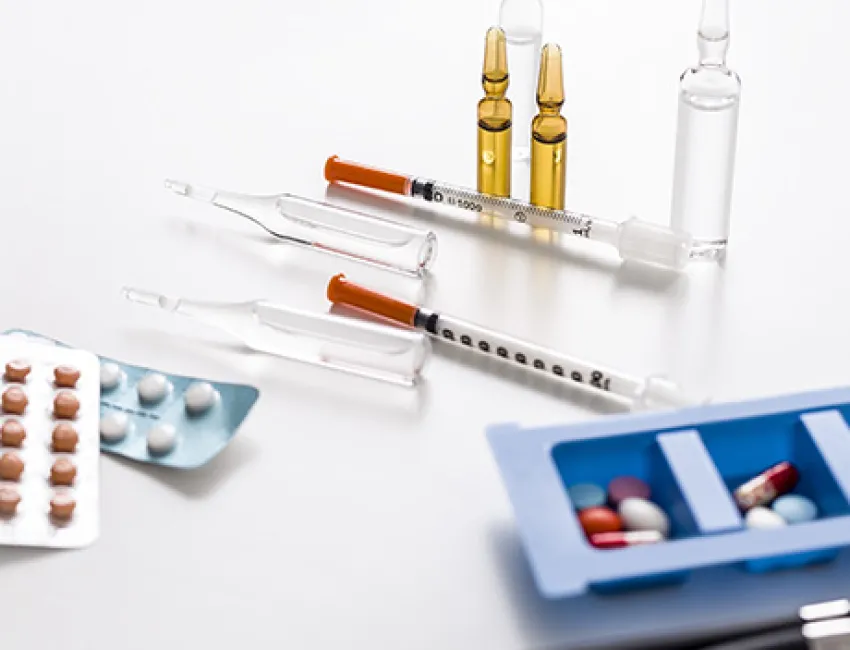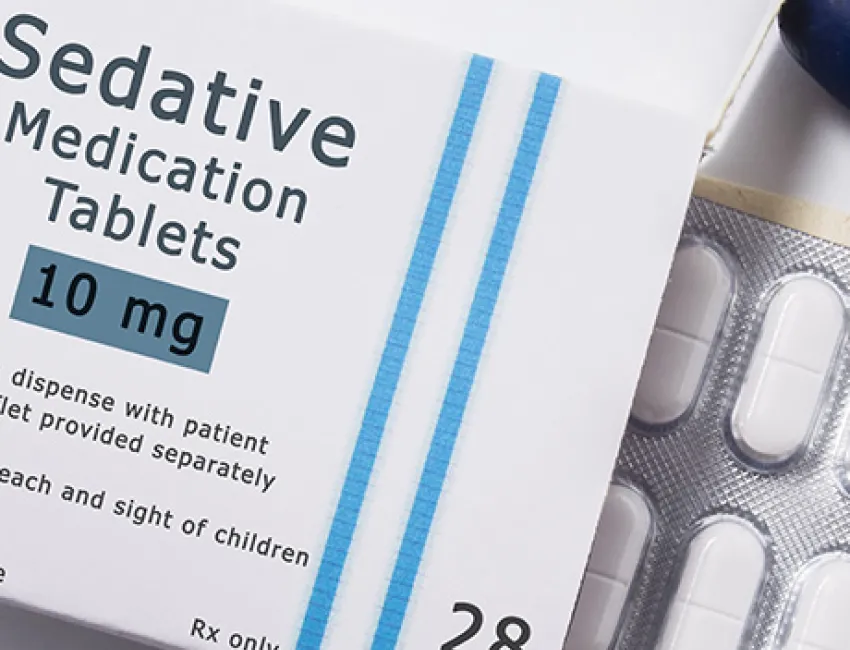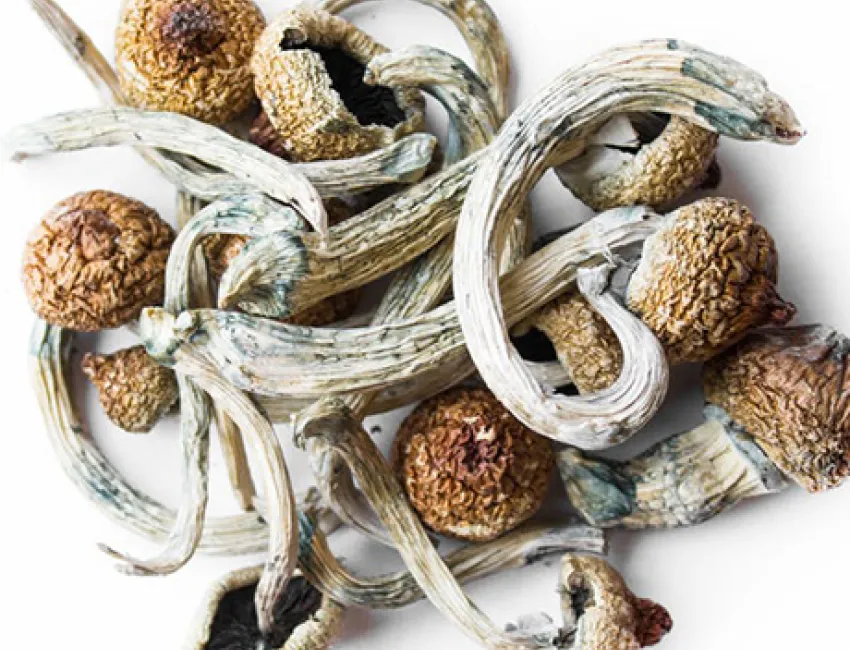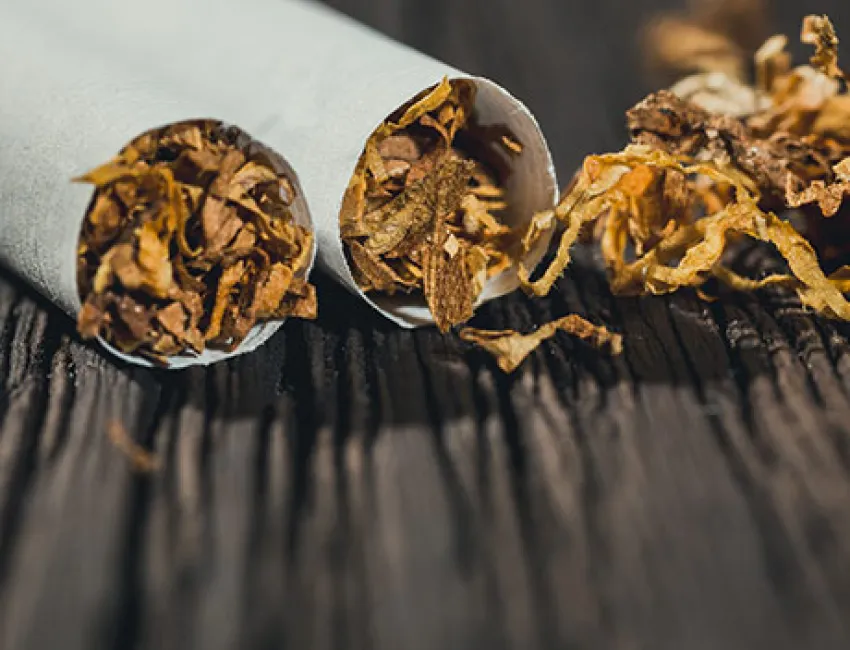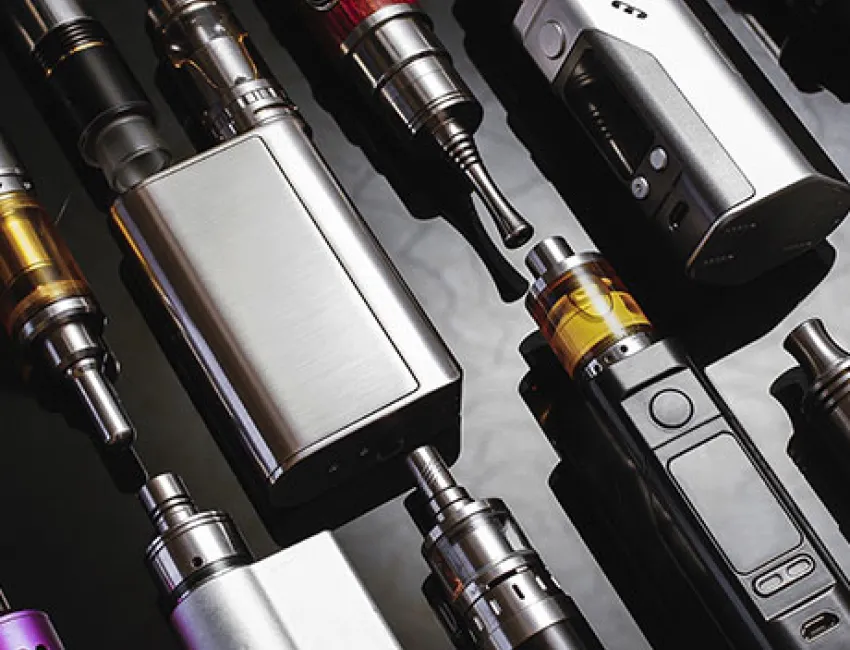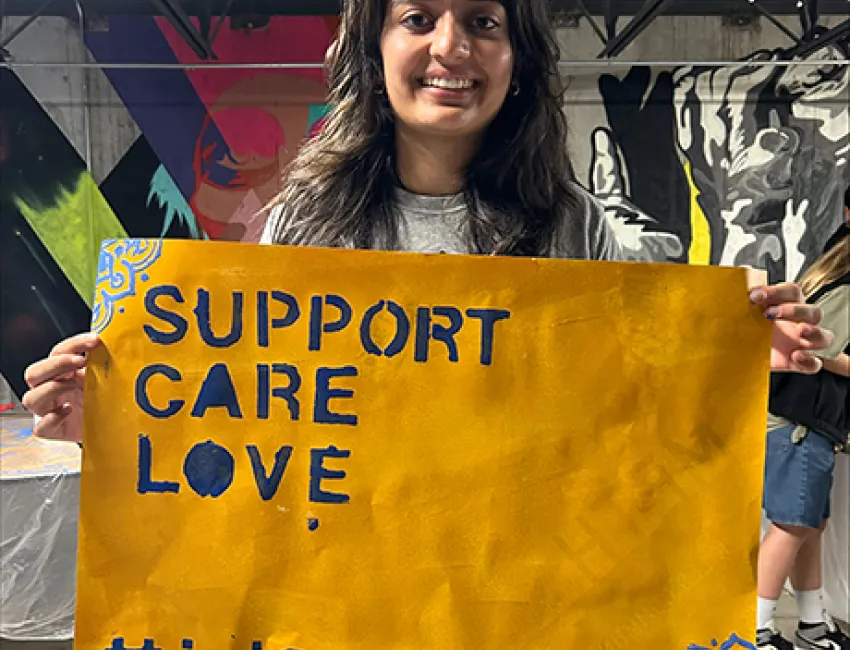
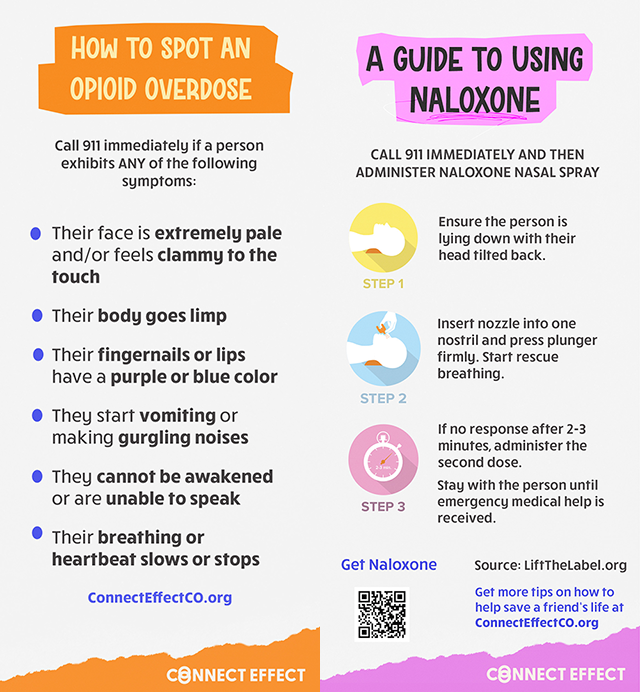
Are you worried that someone may be experiencing an overdose? Review the signs on the left and if you have any doubt at all, follow these steps:
- Call 911 immediately
- Stay at the scene
- Identify yourself (share your name) and cooperate with first responders
- Do you have the overdose reversal drug, Naloxone (aka Narcan) with you? Do you know how to use it? If yes, do so ASAP. If you’re not sure how to use it, you can follow these steps to the left or use the OpiRescue app.
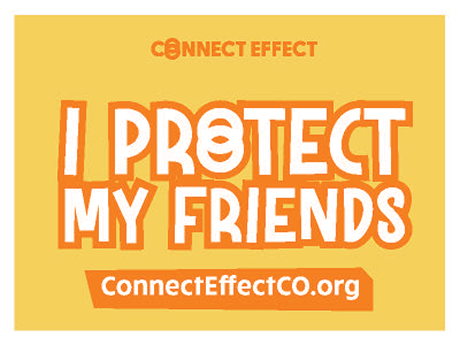
The Good Samaritan Law in Colorado protects the person (or people) who report an emergency involving drugs and/or alcohol from legal repercussions. This applies to people who remain at the scene until law enforcement and/or emergency medical responders arrive.1
A person (or people) is immune from arrest under The Good Samaritan Law in Colorado if they:
- report an emergency event to a law enforcement officer, 911, or a medical provider
- remain at the scene
- identify themselves (share their name) and cooperate
Protection from prosecution applies when the potential offense arises from the same events which caused or led to the emergency drug or alcohol-related event. This law will not protect someone from arrest from a previous or outside incident. For instance, if someone has a warrant for their arrest from a separate incident they are not protected from arrest by The Good Samaritan Law.
For the most current information on the Good Samaritan Law in our state, please visit the website for the Colorado Department of Public Health and Environment.
Misuse of substances includes use of illegal substances, inappropriate use of legal substances like alcohol, or inappropriate use of medications outside of their intended use.2
People can be misusing and not show any signs. On the other hand, these signs can be misleading and might point to other mental or physical health concerns. So it’s best to be aware, concerned, and open to conversation to learn more about what is going on in order to support your friend or family member.

According to the American Society of Addiction Medicine, “Addiction is a treatable, chronic medical disease involving complex interactions among brain circuits, genetics, the environment, and an individual’s life experiences. People with addiction use substances or engage in behaviors that become compulsive and often continue despite harmful consequences.”3
People can develop addictions to a variety of things or behaviors. Addiction to substances is not something that happens to everyone who uses substances. There is a complicated combination of factors that could lead to addiction. Here’s a video that explains more:
Examples of Contributing Factors
- Family history of substance misuse
- Environment (inequitable access to resources, community violence, etc.)
- Stress and trauma
- Mental health disorder
- Lack of coping & stress management skills
- Parental acceptance of substance misuse
- Peer group that encourages substance misuse4
- Trusted adults (both in/outside of family)
- Positive connection with family
- Positive connection with friends/peers
- Positive connection with community
- Hobbies, interests, and passions
- Goals for future
- Positive coping and stress management skills
Addiction is a scary experience for those who suffer from this disease, and for their friends and family. It’s hard watching someone go through this when all you want is to help. Knowledge is power for yourself and those that you care about. Knowing the signs of addiction and misuse and how to ask for help is how you can navigate this difficult topic.
You can’t start the conversation if you aren’t sure what you are looking for as signs of someone needing help. So here’s a list to get you curious:
- Eyes are bloodshot or pupils are larger or smaller than normal
- Frequent nosebleeds (usually linked to snorting drugs, like meth or cocaine)
- Sleep and appetite patterns are changed
- Sudden weight loss or gain
- Seizures (without a history of epilepsy)
- Deterioration in personal grooming or physical appearance
- Impaired coordination
- Injuries, accidents, bruises that they won’t/can’t tell you about or they don’t know how they got there
- Unusual smells on breath, body or clothing
- Shakes, tremors, incoherent or slurred speech, impaired or unstable coordination
(these can be sudden or gradual, but significant changes can be observed)
- Skipping class, declining grades or getting in trouble at school
- Drop in attendance at school or work
- Decreased motivation and interest in extracurricular activities, hobbies, sports or exercise
- Complaints from coworkers, supervisors, teachers or classmates
- Missing valuables, money, prescription or prescription drugs, borrowing or stealing money
- Isolated, silent, withdrawn, engaging in secretive or suspicious behaviors
- Change in relationships, friends, hangout places or hobbies
- Frequently getting into trouble (arguments, fights, accidents or illegal activities)
- Using different items to cover up the smell of alcohol or drugs, including using eyedrops to mask discoloration or dryness in their eyes
- Unexplained, confusing change in personality and/or attitude
- Sudden mood changes, angry outbursts, irritability or laughing at nothing
- Agitation or hyperactivity occurring in periods
- Seems “spaced out,” lack of motivation or inability to focus
- Appears to be tearful, anxious or paranoid with no apparent reason
- Frequently tired, hostile or depressed
Short-term:
- Accidental overdose and/or death
- Legal trouble
- Loss of positive opportunities like sports, music, etc.
- Decrease in academic performance
- Losing a job
Long-term:
- Decrease or changes in brain function
- Damaged relationships with family and friends
- Criminal record
- Difficulty finding and/or keeping a job
- Losing your home without steady work
- Physical health complications including stroke, heart attack, paralysis, brain damage
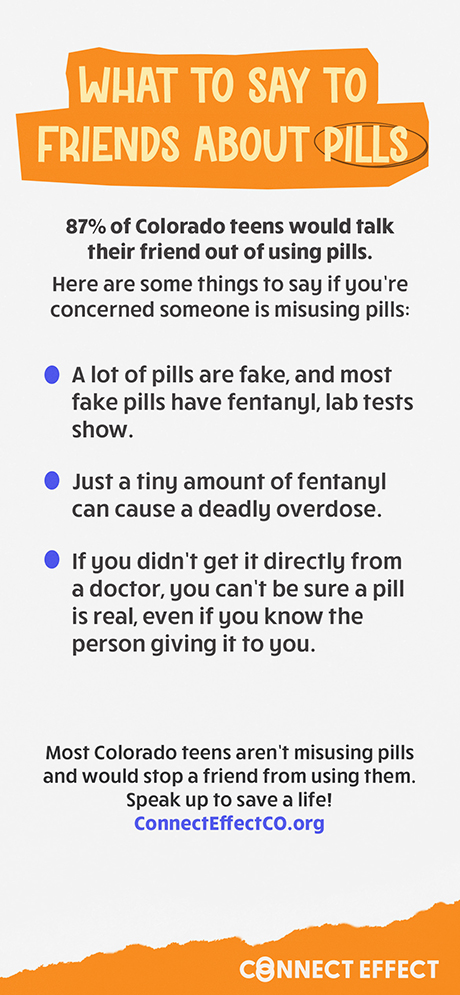
Signs and symptoms of misuse and addiction can also be indicators of other mental or behavioral health issues, so be careful about jumping to conclusions. Start by having a conversation, asking questions and most importantly, listening. Here’s a link that breaks down how to be a friend and listen.
- If someone is in trouble and you need immediate assistance on how to help them, get in touch with Colorado Mental Health Line.
- If you learn about something related to your family, friends or community that may cause harm to others or yourself, make a report at Safe2Tell.org
- If someone has stopped breathing or passes out after consuming drugs, call 911. Know that you will not be held legally responsible because of Colorado’s Good Samaritan Law.
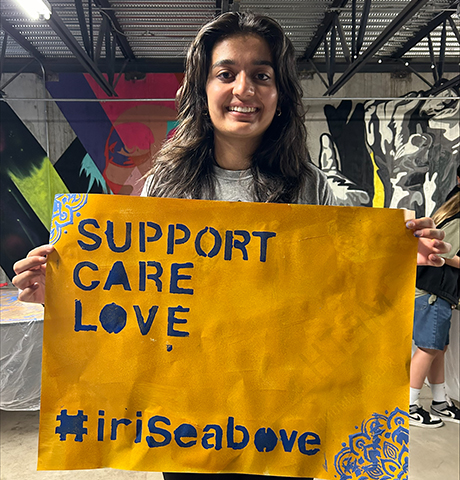
- I Matter; Free youth therapy in Colorado
- Al-Anon and Alateen Colorado; support for friends and families of people with addiction
- Connect with the Affected Friends & Family Workgroup
- Sober AF Entertainment (SAFE); find sober events!
- Natural Highs; prevention peer mentor program in Boulder
- Good Samaritan Law and related resources
- Denver’s Harm Reduction Action Center
- SAMHSA’s National Hotline and Informational Resources
1https://cdphe.colorado.gov/prevention-and-wellness/colorado-public-health-harm-reduction-legislation#:~:text=%C2%A718%2D1%2D711,or%20to%20a%20medical%20provider
2https://www.apha.org/topics-and-issues/substance-misuse#:~:text=Substance%20misuse%20is%20a%20serious,is%20harmful%20to%20our%20health
3https://www.asam.org/quality-care/definition-of-addiction

